Society
How people group together, organise their rules and systems are all part of what create a society. In this section articles examine the nature of society how it interacts with other themes of culture, power, etc. and how societies have developed and changed over time. The structures of the ancient world are explored as are the complex feudal systems and the varied societies of Empire and modernity.
Sort by:
Date (Newest first) | Title A-Z
Show:
All |
Articles |
Podcasts |
Multipage Articles
-
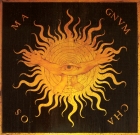
Podcast Series: Ancient Greek Myths and Legends
Multipage ArticleClick to view -

Women, education and literacy in Tudor and Stuart England
ArticleClick to view -
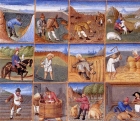
England's Immigrants 1330-1550
Multipage ArticleClick to view -

Fighting a different war
ArticleClick to view -

Britain in the 1950s
ArticleClick to view -
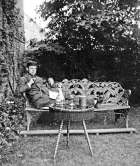
Polychronicon 145: Interpreting the history of the modern prison
ArticleClick to view -
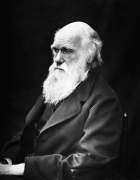
Engaging Year 9 with Victorian debates about 'progress'
ArticleClick to view -
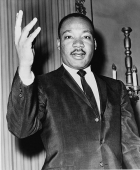
Polychronicon 138: The Civil Rights Movement
ArticleClick to view -

Were industrial towns 'death-traps'? Year 9 learn to question generalisations and to challenge their preconceptions about the 'boring' 19th century
ArticleClick to view -

New alchemy or fatal attraction? History and citizenship
ArticleClick to view -

The People's Pensions
ArticleClick to view -
Folens: Everyday People & Everyday Lives
ArticleClick to view -
Martin Luther King - Judge for Yourself
ArticleClick to view -

Northamptonshire in a Global Context
ArticleClick to view -

Hearts, minds and souls: Exploring values through history
ArticleClick to view -

Role Play 1: The Society Game
ArticleClick to view -

Polychronicon 131: At your leisure
ArticleClick to view -
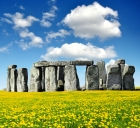
Polychronicon 126: Stonehenge
ArticleClick to view -

'Britain was our home': Helping Years 9, 10, and 11 to understand the black experience of the Second World War
ArticleClick to view

